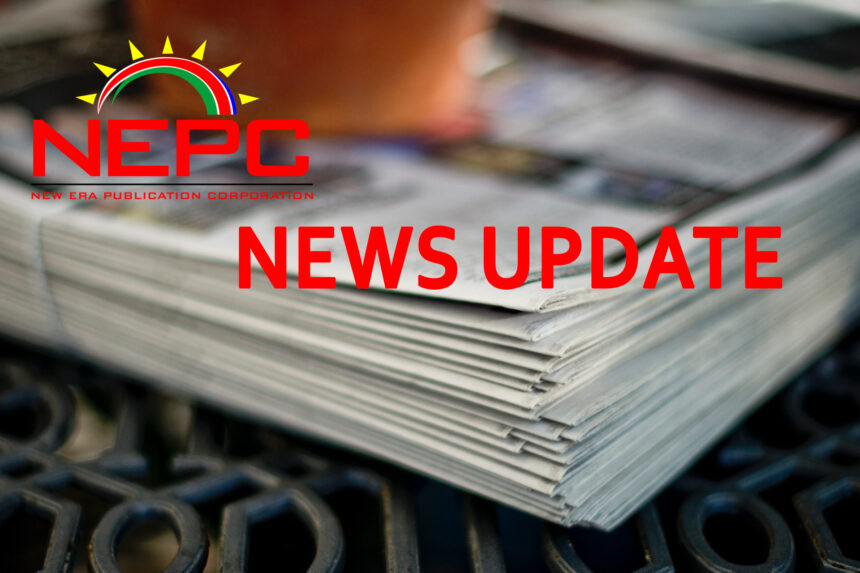Jasper D Kassoma
As a young person, I have witnessed what I did not wish to witness and have experienced what I did not plan to experience in the name of economic contraction in Namibia.
Researching on economic pundits, I have realised many economic approaches are unpragmatic to the reality on the ground.
It is, therefore, crucial to look at the interests and practice of a domestic investor in the economic advancement of Namibia, particularly in 2022.
Aspiring entrepreneurs and young entrepreneurs find hindrances in excelling for their right share in the market.
This is caused by numerous reasons they may have encountered and toppling all is funding, human capital inter alia motivation.
With the calamity of SME Bank, the business community continues to endure the hardship of doing business in Namibia.
Although the private sector is responsible for more than 50% of employment, it is the one with the potential of creating jobs amid Covid-19.
In the same manner, it is the private sector that would foresee the establishment of new businesses we refer to as startups.
Our domestic investment facilities include agriculture, infrastructure, energy, fisheries, financial sector and all macroeconomic sectors.
For instance, in energy, we import about 60% of electricity; yet, we have abundant solar energy that gives us potential and stamina to fight energy scarcity.
This applies to agriculture to ensure food security and other sectors as well.
I am certain if we want to witness the economic development in our lifetime, then we must start with ‘Jerusalem’, ourselves, before expecting someone else to empower us.
We have mega Namibian companies, natural resources – and most importantly, the will for the betterment of the nation.
Jobs would eventually be created once we privatise those sectors to domestic investment and the youth unemployment, which have been estimated to surplus 51% by 2021, could be reduced.
It is noteworthy that this is not an attempt to shadow the efforts and benefits of foreign direct investment.
The interaction between foreign direct investment (FDI), and domestic investment is of paramount importance.
Domestic investment best fits for startups for the reason that the level of risk and uncertainty is understood well.
The success of the startups would be depending on the number of things at management level and generally the environment.
Some setbacks could arise from negative internalities such as environmental degradation, corruption, mismanagement and fraud, therefore, it is crucial that we are involved in sustainable practices and guided by principles, morals and ethics of business.
Additionally, at the national level, I am of the view that domestic investment can be detrimental and beneficial to the country, depending on the management and strategies applied through the process.
In Algeria, a study concluded that domestic investment maximises the dependence on foreign debt.
This trend is possible in an economy dominated by foreign financing.
Also, the economic growth of a country would increase whenever a country has a strong domestic investment – a case for China.
Eric Ries, an American entrepreneur, blogger and author of ‘The Lean Startup’, argued that “Product may be an attractive economic investment, but it is not a startup because its success depends only on execution”.
Therefore, the success of startups relies on the tools at hand.
Econometric indicators would eventually guide in determining if the business is on the right track and we would be open enough to be directed by data science.
The policy direction should define the advancement of domestic investment with Namibian characteristics in a manner that can diversify the economy while finding a working formula to get away with the inequality in society to a fair distribution of resources.
I am of the view that domestic investment is a fundamental seed for the empowerment of incoming startups, which are pivotal catalysts of any economy.
It is imperative that domestic investors avail themselves and become active in helping the startups with the necessary tools.
* Jasper D. Kassoma is a researcher with IOP Publishing. He attained his Bachelor of Science degree in Physics and Biology from the Namibia University of Science and Technology (NUST). He holds a Business Management diploma from Amity University, India. He is a passionate author and youth development advocate. The views expressed herein are his and not of his affiliations.



